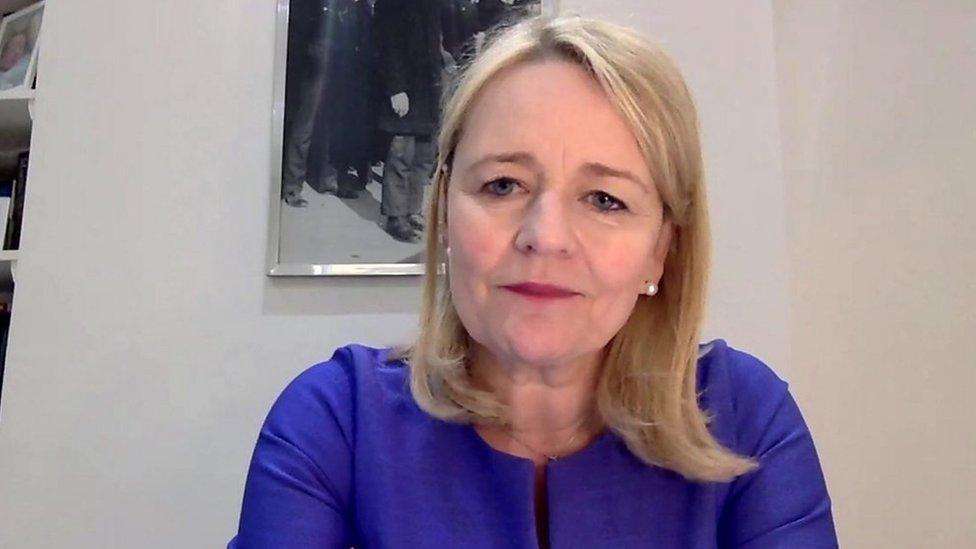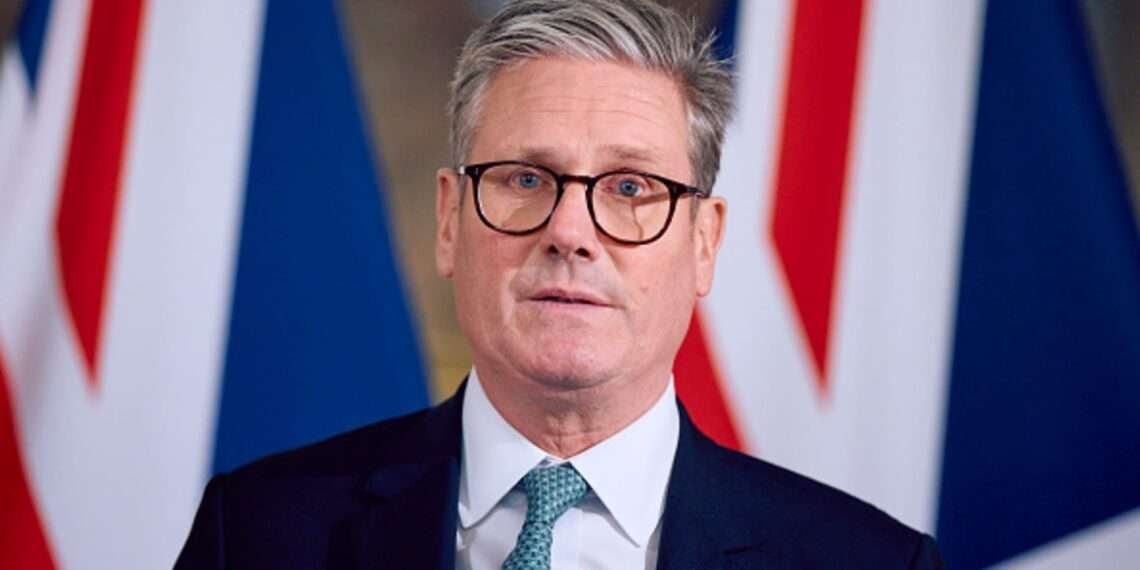Prime Minister Keir Starmer will announce a bold initiative aimed at reducing bureaucratic hurdles and cutting red tape to attract more investment into the UK.
Speaking at a major summit in London attended by hundreds of global business leaders, Starmer emphasized the need to remove regulations that hinder growth and block vital projects.
His government is determined to create an environment conducive to investment, offering stability and fewer regulations as incentives for foreign companies.
In his keynote speech, Starmer highlighted the importance of re-evaluating regulations that currently impede progress in key sectors.
He added that regulations preventing the construction of homes, datacenters, and infrastructure projects will be reviewed and eliminated if necessary. “We will rip out the bureaucracy that blocks investment and make sure that every regulator in this country takes growth as seriously as this room does,” he will assert.
The summit, hosted at the Guildhall, brings together influential figures like Ruth Porat, president of Alphabet (Google’s parent company), Eli Lilly’s CEO David Ricks, and Larry Fink, the CEO of BlackRock.
The event is part of a larger strategy by Starmer’s government to jumpstart the economy through significant foreign capital inflows. Recent announcements of investments from major corporations, including Amazon and Blackstone, underscore the success of the government’s approach thus far.
Pushback From Unions
However, Starmer’s deregulatory stance has caused friction within his party and the trade unions. Many are uneasy about another round of regulatory cuts reminiscent of previous Conservative governments. One union figure compared Starmer’s rhetoric to former Prime Minister David Cameron’s controversial “bonfire of red tape,” which slashed safety regulations.
Sharon Graham, general secretary of Unite, has voiced strong opposition, particularly regarding the government’s industrial strategy, which she believes will fall short without direct intervention in struggling industries.

Graham has pointed to the looming threat of closure at the Grangemouth oil refinery in Scotland, criticizing the lack of government action to protect jobs. “We cannot have a situation where the state writes blank cheques for corporations, who then refuse to protect jobs,” Graham stated.
Some union leaders remain skeptical of the summit’s long-term impact, questioning whether a pro-business strategy can coexist with protecting workers’ rights and job security.
They are also concerned about the involvement of investment firm Macquarie, which faced heavy criticism for its management of Thames Water.
Despite the controversy, Macquarie is set to unveil a £20 billion investment plan, including a nationwide rollout of electric vehicle charging infrastructure.
Industrial Strategy in Focus
In addition to slashing red tape, Chancellor Rachel Reeves will present a green paper outlining the government’s industrial strategy. The document will reportedly focus on eight key growth sectors, further emphasizing the administration’s commitment to fostering a pro-business environment.
The strategy is seen as a centerpiece of the government’s broader effort to position the UK as an attractive destination for investment, with Reeves expected to highlight the importance of private sector involvement in rebuilding the economy.
The summit will conclude with a high-profile reception at St Paul’s Cathedral, attended by none other than King Charles himself, underscoring the significance of the event for both the government and the British business community.
While Starmer’s pro-business agenda has already attracted billions in new investment, it remains to be seen whether the government can balance the needs of both industry and the workforce. The next few months will be critical as Starmer navigates the challenges posed by skeptical unions and the complexities of deregulation.
READ ALSO: Political and Legal Gamesmanship: The Battle for Majority in Ghana’s Parliament





















